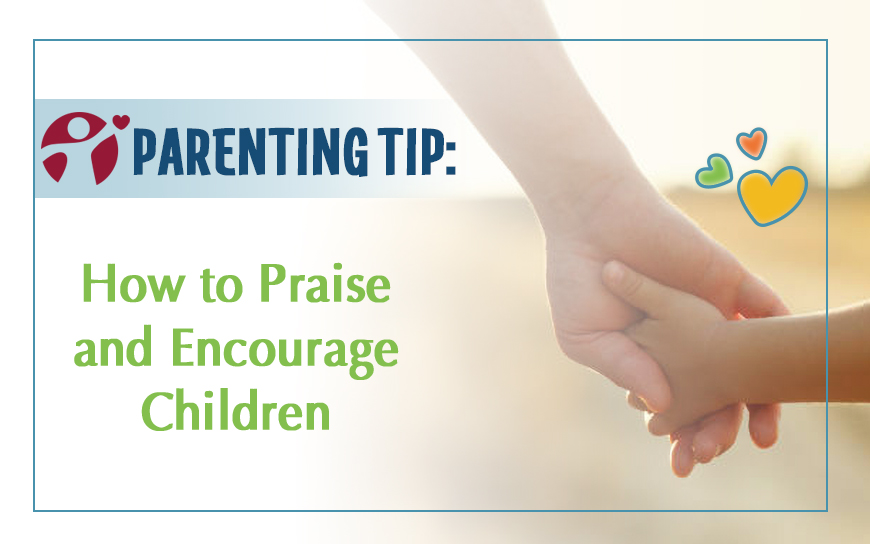Do you know the difference between praise and encouragement? If you don’t, you should.
According to Beverly Anderson, Executive Director for Ebenezer Child Care Centers with locations in downtown Milwaukee, Oak Creek, and West Allis/Wauwatosa, “The frequent use of praise may do more harm than good.”
Praise
Anderson says praise is an important and powerful form of communication that teaches children what we value as good, right, and acceptable. Randomly handing out “wow,” “good job,” “you did it,” “you’re such a good boy/girl,” or any other non-specific phrase is a pretty common practice in teaching and parenting. We may use phrases to build a child’s self-esteem or encourage a behavior we desire. Everyone likes a little praise here and there. It helps us feel valued and important.
However, Anderson says the danger is when these WOW words become a distracted go-to response. Frequent use of praise becomes fake and unimportant. Children begin to tune it out, no longer valuing the non-specific phrase we bestow on them. It becomes just more words.
“When we use constant praise, we teach children to value the opinion of others rather than their own self-worth. This type of praise may devalue a child’s efforts to control their own behavior, creation, or ideas.”
Encouragement
Anderson recommends using encouragement, rather than praise, to help children see their own value as a member of their family, community, and school.
So how is encouragement different than praise? According to Anderson, encouragement uses specific statements to recognize what a child did or does. Encouragement emphasizes self-pride rather than external rewards. The focus shifts from pleasing others to pleasing themselves. Encouragement acknowledges effort and self-discipline as well as results.
Anderson offers these ideas to encourage rather than praise:
- Be specific: “You both worked together to carry the bucket of dirt. That was great teamwork.” – Encouragement to work together.
- Be positive without being false: “I see you working hard on your puzzle. You’re going to get it together soon.” – Encouragement to persevere.
- Highlight on-going effort and self-discipline: “When you are gentle with your baby brother, he learns to trust you.” – Encouragement to focus on effort to get results.
Anderson adds that encouragement acknowledges a children’s efforts, ideas, creativity, and learning as they work toward an accomplishment, rather than just the accomplishment itself.
“We want children to feel proud of themselves for who they are. Using encouragement instead of praise will get them there.”
Ebenezer Child Care Centers is a not-for-profit, locally based agency committed to providing early childhood programs from the heart. The agency prides itself on being different from other child care providers in that it offers a home-like atmosphere; individualized, nurturing care; and a structured curriculum that is virtues-based for every child’s developmental stage.
Every Ebenezer Child Care Center focuses on all aspects of a child’s development: cognitive, physical, emotional, and social. In addition to providing quality care, the agency also offers other educational programming all aimed at helping parents.
The agency has locations in downtown Milwaukee, Oak Creek, and West Allis/Wauwatosa. The agency’s main office is located at 1138 S. 108th Street, West Allis. For more information, please call 414.643.5070

